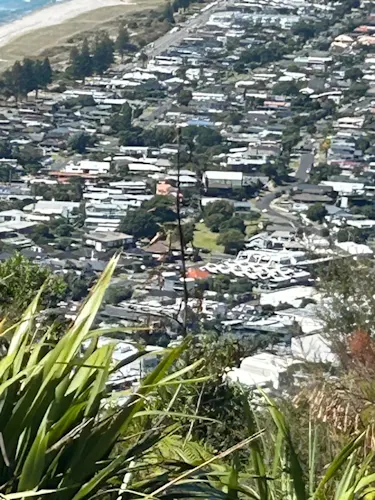We all know times are tough with the current strain on our bank accounts, and with power prices rising, that's not stopping anytime soon.
Our very own Sarah and Flynny asked the expert opinion of Consumer NZ's Paul Fuge to find out what we can do to keep our bills down and surprisingly, we can save up to $500.
But why have we seen an increase in our monthly bills?
"At the moment we're facing a bit of a shortage of electricity due to low rainfall in the South Island, Fuge says. "The lakes are getting lower but also there's a bit of a gas shortage at the same time."
It's terrible, especially when so many Kiwis are already struggling to cover rent and mortgages, let alone higher power bills.
If you want to put your best foot forward at reducing your power bill, Fuge has some tips on which appliances are costing you the most.
His advice? It may seem obvious but tread lightly with any heating devices.
"Big devices are hot water and space heating," he explains. "Hot water is costing about 30% of your bill and space heating is about 15%."
A very tough call for many Kiwis with winter hitting so hard, especially with the South Island experiencing record-low temperatures.
But we don't have to let ourselves freeze by shutting our heating devices off completely. Fuge says a common mistake is cranking heat pumps too high, which ends up costing a large chunk more.
According to Consumer NZ, the sweet spot for efficiency is between a comfortable 19 to 21 degrees.
It's recommended to turn up the fan rather than the temperature, as it's the heating process that really stings financially.
If you find your heat pump isn't working at its prime, Fuge suggests taking a look at your filter - this should be cleaned regular vacuum every 6 months.
Pairing these tips could keep your prices down up to a whopping $300 per year.
And if you are concerned you might be paying too much for your power, Fuge recommends checking out Powerswitch. The site compares thousands of power plans across NZ and checks you're on the best one for your household.
"We've seen some big savings, they've jumped up from $380 [saved per year] last winter to about $500 this year just by just changing power plans."
Reckon you'll be making some changes to the way you use your power? Your bank account might just notice the difference!








































































